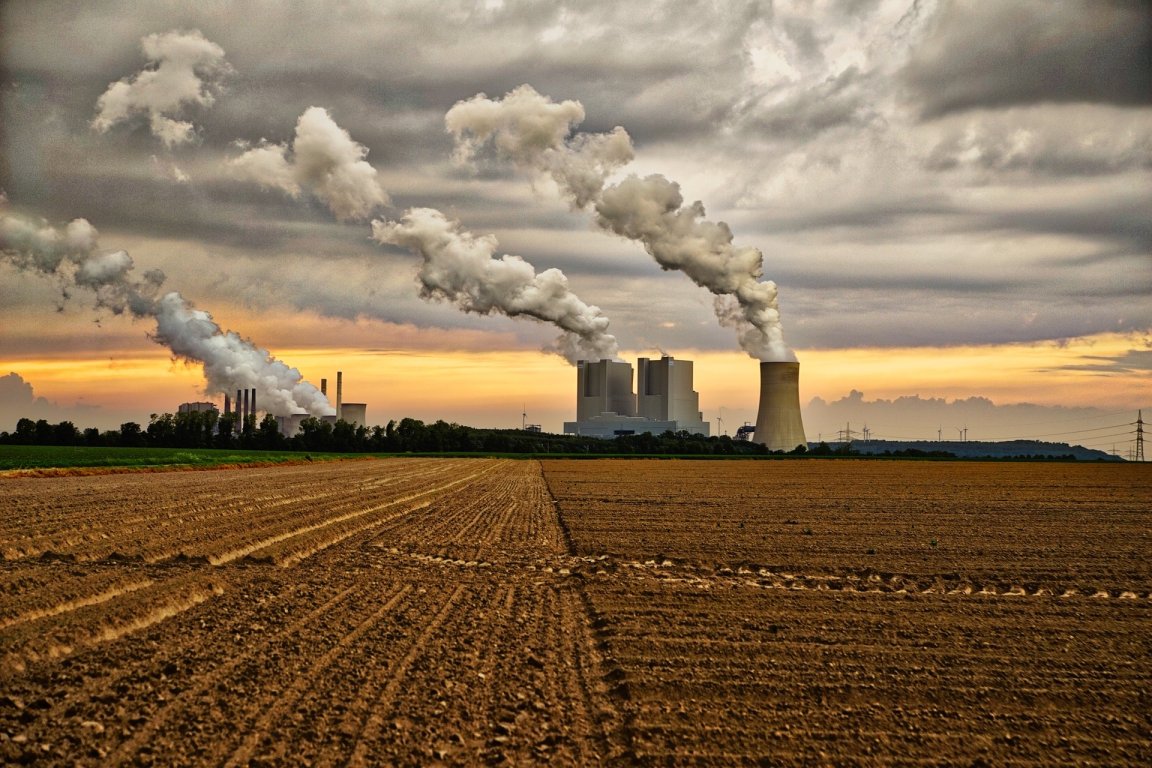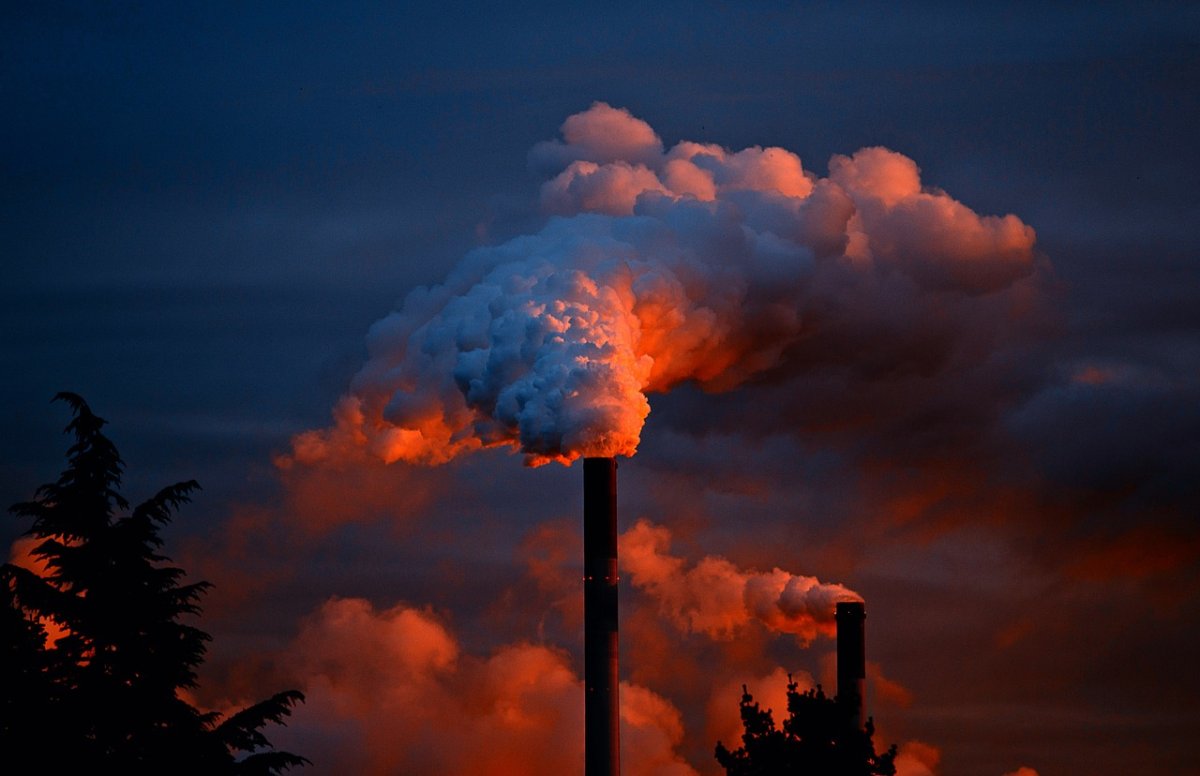
Carbon Sucking
There are many who are making tremendous and powerful efforts to combat climate change as its repercussions grow increasingly drastic and life-threatening. But according to scientists at Chatham House, a British think-tank, and the general scientific consensus, the impending potential of surpassing 1.5 degrees Celsius above pre-industrial times is progressing far enough that we need to begin “carbon sucking” by 2030. Carbon sucking technology, according to these and other scientists, will need to be created in order to effectively combat emissions.
“I don’t think we can have confidence that anything else can do this,” said Bill Hare, a physicist and climate scientist at the science and policy institute called Climate Analytics, to a London climate change conference. While trying to remain under a 1.5-degree rise, we have already had a global average increase of 1 degree. “It’s something you don’t want to talk about very much but it’s an unaccountable truth: we will need geoengineering by the mid-2030s to have a chance at the [1.5-C] goal,” Hare continued.

Engineering the Future
While it might seem drastic, increasing natural disasters, flooding, and a large host of other consequences of climate change are threatening and taking human lives with increasing ferocity. And if we continue on our current path, even with a wealth of intervention methods in place, geoengineering might very well be necessary as these scientists have predicted.
Of these “carbon sucking” solutions, some suggest the planting of specially-designed carbon-absorbing forests. The trees from these forests would be harvested for wood and energy, the emissions from which would be pumped back underground. Underground carbon storage is just one of the many possible ways that scientists hope to capture and store emissions in our environment, reducing the impact of emissions on climate change.
Hare elaborated, “if you’re really concerned about coral reefs, biodiversity [and] food production in very poor regions, we’re going to have to deploy negative emission technology at scale.”